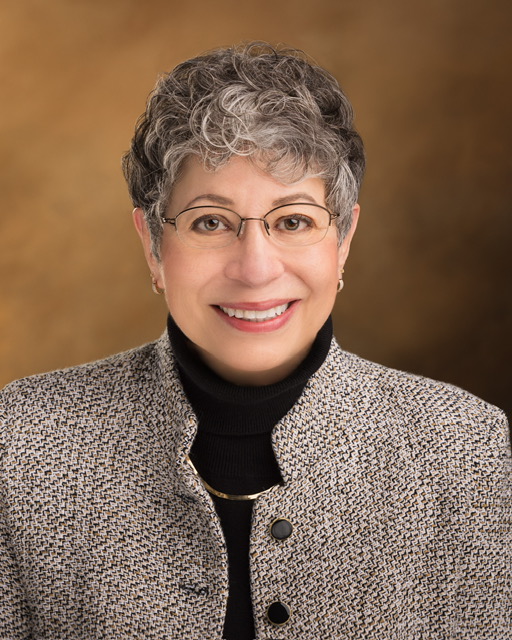Denise Posse-Blanco Lindberg

A native of Havana, Cuba, Denise Posse Lindberg received her primary and secondary education in Cuba, Puerto Rico and the United States. She graduated with her B.A. from Brigham Young University (BYU) and earned Masters’ and Ph.D. degrees from the University of Utah. She later received a Juris Doctor degree, Magna Cum Laude, from BYU’s J. Reuben Clark Law School. Following law school, she clerked at the U.S. Court of Appeals for the Tenth Circuit for Judge Monroe G. McKay, and at the Supreme Court of the United States for Justice Sandra Day O’Connor. She practiced appellate and healthcare law in Washington, DC and Salt Lake City, Utah prior to her 1998 judicial appointment to the Third District Court bench. Judge Lindberg left full-time judicial service in 2015 but continues as a Senior District Judge with the State of Utah Judiciary.
She is a Senior Fellow with BYU’s International Center for Law and Religion Studies. She also serves on the executive committee of the Latin American Consortium for Religious Liberty. She has participated as speaker or moderator at events throughout Latin America and the Caribbean on topics ranging from judicial independence, the rule of law and mediation to religious freedom, peace-building, and human dignity.